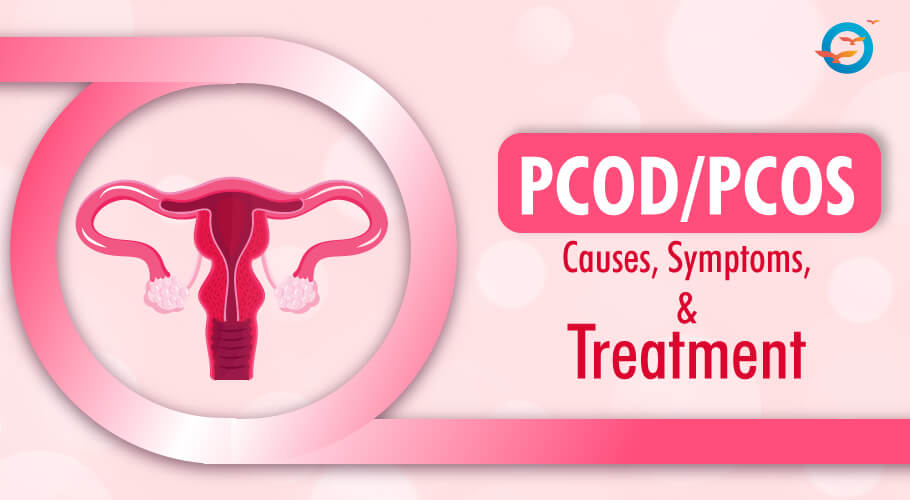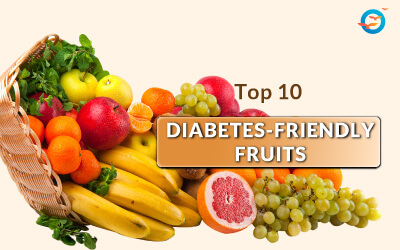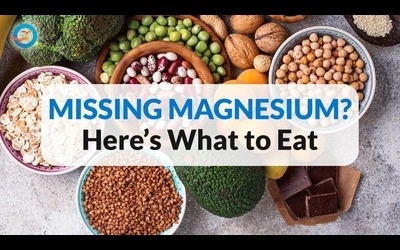PCOD/PCOS Causes, Symptoms, and Treatment- FFD

There is little doubt that diabetes has already assumed the proportions of a pandemic, and one of the reasons it is so frightening is that it attacks seemingly without signs or symptoms. More than half of all diabetics don’t even know they have the disease until they discover it through a “routine” check-up, or the disease has deteriorated to a stage where the signs and symptoms are inescapable. However, one factor that we miss is that diabetes has an underlying root cause that is also known to cause myriad other disorders. One of the most prevalent is PCOD/PCOS.
Polycystic Ovarian Disease (PCOD) or Polycystic Ovarian Syndrome (PCOS) is the name given to the disorder that shows up as cysts in the ovaries. The presence of the cysts enlarges the ovaries and leads to increased production of androgen and estrogen hormones, which cause health issues.
PCOD plagues a significant percentage of women across the world, and India has its fair share too. Because it strikes at a fairly early age, many young women suffer from the problem but aren’t aware of it until it has progressed—much like diabetes. While it is generally diagnosed in women between 18 and 45; its onset begins much earlier. This is why it is so important for young women to understand the risk factors and how they can deal with them successfully.
Causes of PCOD and PCOS
While the exact cause of PCOD/S is not known, research shows it has a strong association with low-grade inflammation in the body, excessive insulin, and genetics. Childhood obesity, pollution, sedentary lifestyles, and unhealthy diets are all considered contributing factors.
This is similar to diabetes, and that is absolutely understandable: like diabetes, PCOS/PCOD is caused by insulin resistance—this is basically when the body is unable to use the insulin produced by its pancreas to push glucose from the blood into muscle cells and tissues.
As a result, glucose builds up in the blood. Over time this begins to affect the functionality of almost all the organs, from the brain to the feet. The good news is that diabetes can be completely reversed… along with many health issues that are also caused by insulin resistance—PCOD, for instance.
Symptoms of PCOD and PCOS
Since PCOD itself is a sign of insulin resistance, it behooves anyone suffering from it to check for elevated BSL. That said, PCOD does announce its presence with a definite list of symptoms, as under:
- Irregular period (amenorrhea) occurs once every couple of months or three months
- Heavy bleeding, known as Menorrhagia
- The sudden growth of body or facial hair
- Persistent acne that doesn’t respond to usual treatment. Such cases are most likely caused by excess androgen hormone
- Weight gain-especially around the belly
- Acanthosis nigricans—darkening of skin in certain areas, such as the armpits, behind the neck, and genital area.
- Androgenetic alopecia, aka, male-pattern baldness
- Sudden headaches
Patients can show one or more of the above symptoms. For instance, some may have clear acne-less skin, or lean and still suffer from PCOD. This happens because the disorder attacks the endocrine system, which affects several other systems in the body. However, insulin resistance remains the main reason for PCOD.
If untreated, PCOD can cause many other health problems, including, the most common: difficulty in conceiving. It is also a prime indicator for early onset of type 2 diabetes.
Even if PCOD/S patients do become pregnant, they carry a high risk of perinatal complications, like gestational diabetes and preeclampsia. Other health complications include high cholesterol, high BP, and risk of endometrial and breast cancers.
Treatment of PCOD and PCOS
There are medicines to correct menstrual cycles, but like most allopathic drugs these come with their own challenges. But while mainstream medical establishments continue to hold that PCOD cannot be cured. It can be completely reversed. At FFD, among the tens of thousands of participants who have reversed their diabetes, many have also reversed associated health complications like PCOD.
The reason is obvious: since the disease is caused by insulin resistance, reversal of insulin resistance also helps reverse the disease itself. Our program, which is based on four protocols (diet, exercise, stress release, and medical supervision) enables a deep and sustainable transformation in mind and body. As a result participants are able to dissipate inflammation, reduce weight and normalize blood sugar. The results speak for themselves.
You can read some of our inspirational reversal stories, at www.freedomfromdiabetes.org/inspiration
To learn more about how you can reverse insulin resistance holistically, do attend our next Discover Reversal Session for metabolic disorders. For details, subscribe to our Facebook/Instagram and Youtube channels.


